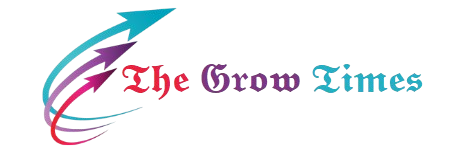Data-driven hiring from interview intelligence software helps companies to attract and hire the best talent. The process relies on intelligence for the collection and analysis of candidate information. Using interview intelligence is a helpful addition to data-driven hiring in the following ways:
Evaluate Candidate Trends
Interview software provides data about the interviewee’s behaviors and qualification patterns. It’s able to analyze a candidate’s presentation to determine their personality traits and technical proficiency. You also get information about each candidate’s ability to solve problems and can compare the educational backgrounds of different candidates. This helps you to analyze how each candidate will contribute to your organization’s growth potential. The software also helps you track industry-specific expertise and embark on finding candidates who have the latest skill sets. You are also able to learn innovative approaches to tapping the best talent.
Optimize Questions
Data-driven hiring helps find candidates who can perfectly fit each role. Interview intelligence can identify and avoid redundant topics that interfere with the collection of information during an interview. You can ask open-ended inquiries that include behavioral prompts. Interview intelligence also helps you to simplify complex questions and adapt them to the candidate as the interview moves along. You can ask questions to determine a candidate’s emotional intelligence. With the help of AI, you can create scenarios and then ask a candidate how they will act in each case. Interview intelligence comes up with questions to ask questions that encourage detailed explanations from candidates so that you get as much data as possible.
Track Interviewer Effectiveness
Interviewers should ask all clients consistent questions and avoid leading questions. The software allows you to measure interviewer engagement with each candidate as well as their listening skills. It also provides data about how well the interviewer is prepared for the interview. The interview tool measures the time spent on each question and candidate. This information helps managers know the interviewers who have the best time management skills. Some tools may even measure the excitement levels of each candidate and their understanding of the roles. You get reports about the interviewer’s objectivity levels and whether they ask repetitive questions or thoughtful ones.
Spot Biases
Interview AI quickly provides alerts when an interviewer uses a biased phrase. It can also analyze candidates’ unconscious patterns to determine whether they make gender-based judgments or age-related assumptions. It can provide extensive data about existing industry stereotypes and education preferences that aren’t fair.
Having standardized questions allows you to ask only relevant questions that don’t take into account candidate demographics. Using interview tools, interviewers pinpoint resume-based or accent-related bias. If an interviewer is about to make an irrelevant comparison, the AI immediately provides an alert. Interviewers get extensive information about the candidate’s charisma preferences by tracking nonverbal bias clues.
Using Interview Intelligence
Interview intelligence analyzes collected data to measure a candidate’s suitability and skills. It will compare productivity metrics between different candidates and track the benefits of specific certifications. Reach out to a company that can help you start using interview AI during your hiring process.

